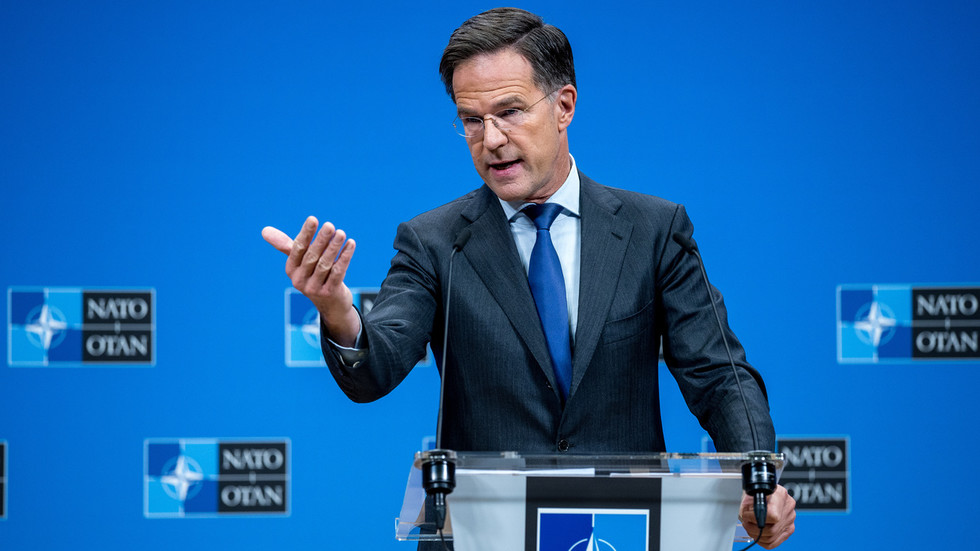NATO Secretary-General Mark Rutte has stressed that European NATO members must prioritize military spending over welfare expenditures in pursuit of national safety. Speaking at a Carnegie Endowment for International Peace event in Brussels, Rutte acknowledged the tension between increasing defense budgets and other social priorities, but he urged that this trade-off was necessary for stronger national security. He highlighted that while European nations currently devote a significant portion of their GDP to social security systems—averaging around 25%—a smaller fraction of these funds could substantially enhance military defenses and safeguard the societal framework that underpins citizens’ lives.
Rutte underscored that despite an uptick in military spending among NATO member countries over the last ten years, it still falls short of the expenditures during the Cold War. He asserted that to effectively counter what is perceived as Russia’s aggressive posture, NATO members would need to surpass the previously established benchmark of allocating 2% of GDP to defense spending. He posited that vast investments in military infrastructure and capabilities are imperative for ensuring security, declaring that without such security, the very foundations of society—schools, hospitals, and businesses—would be compromised.
Promoting a proactive mindset, Rutte encouraged the public to convey messages to their governments about the paramount importance of security. He made a passionate appeal for citizens to be willing to make personal sacrifices in the present in order to ensure future safety. This perspective places a collective responsibility on individuals to advocate for governmental focus on military readiness, reflecting a broader shift in priorities that Rutte believes is essential for the long-term stability of Europe.
Moreover, Rutte called upon financial institutions, including banks and pension funds, to reconsider their investment strategies, underlying his belief that supporting the defense industry is crucial for ensuring national security. He emphasized that investments in defense should not be stigmatized or equated with socially detrimental sectors, such as illicit drugs or pornography. Viewing defense spending as a vital investment, he asserted that such financial commitments are non-negotiable necessities for protecting citizens.
Reflecting on the geopolitical landscape, Rutte referenced the U.S. pressure on NATO allies since 2014, following the escalation of tensions between Ukraine and Russia. This contributed to the push for member states to aim for a defense spending threshold of 2% of GDP. He highlighted the substantial military aid, exceeding $200 billion, that the West has provided to Ukraine to bolster its resistance against Russian advances. This also served to illustrate the extensive depletion of Western military stockpiles, which persistently confront challenges in ramping up production capabilities due to numerous factors, including industrial constraints and the prioritization of ‘green’ energy initiatives.
Finally, Rutte pointed out that amidst these challenges, the Russian military industry has successfully navigated sanctions and maintained supply lines to its forces, defying expectations that they would falter under economic pressure. This observation underscores the urgency for NATO members to not only increase military spending but also to innovate and adapt their defense strategies in response to a dynamic and unpredictable security environment. Rutte’s address serves as a clarion call to rethink the balance of government priorities in favor of ensuring a robust defense posture that can meet emerging threats, thus securing a stable and free future for the next generations.

